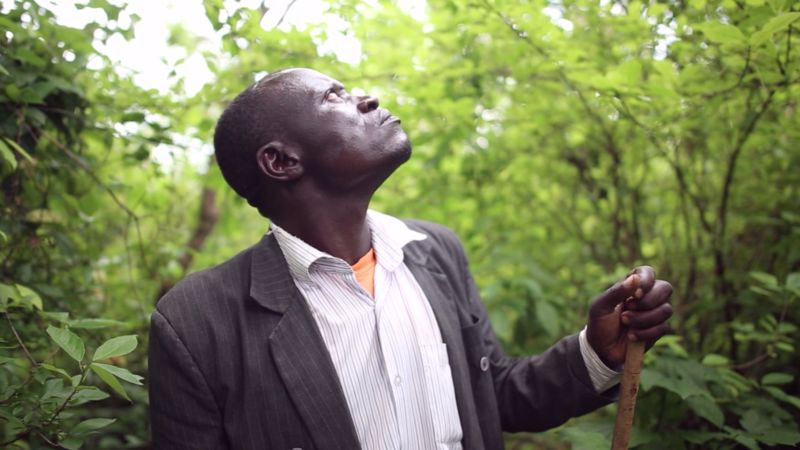Respecting Traditional and Community Knowledge
Description
The company respects and invites different ways of knowing to broaden its understanding of its impacts, its risks, and its opportunities for supporting resilient social and ecosystems. In a respectful way, the company invites and visits (rather than takes) traditional and community knowledge, acknowledging and respecting that traditional knowledge belongs to and is stewarded by the community, not by the company. With permission, these learnings can help deepen the company’s understanding of the local context in which it operates, to better comprehend its impacts, and to integrate this understanding into its decision-making. The company uses traditional and community knowledge in line with the intent with which it was shared and not for new commercial purposes, including the development of new products or services based on traditional or community knowledge without the explicit permission of those communities and a fair and transparent process to share in the benefits.
Share this Subissue on:LinkedIn
Resources
Guidelines: Integrating Indigenous knowledge in project planning and implementation
This set of guidelines from the ILO, The World Bank, The Canadian International Development Agency, and KIVU Nature Inc. provides valuable insights that can help you to work effectively with Indigenous Peoples while respecting their rights. It emphasises the importance of applying traditional knowledge systems to decision-making in a way that is respectful, empowering, and complementary to western, science-based knowledge. It includes a series of case studies that illustrate how traditional knowledge can be applied in the planning and implementation of projects, as well as guidelines on how to work with Indigenous Peoples.
Seven Principles for Partnerships with Frontline Communities
This set of principles from B Lab can help you understand how to build mutually beneficial and equitable partnerships with local communities. It is based on seven principles that came out of a co-creation process involving B Corp employees and community leaders. These principles include centering trust and transparent communications; centering local wisdom and perspectives; committing to equitable resource allocation; prioritising racial and cultural literacy; centering conflict acknowledgement and trust regeneration; co-developing clear and equitable decision-making processes; and centering long-term and sustainability commitments to best ensure collective survival. These principles will be most useful to community relations practitioners and anyone else involved in work that impacts communities, such as supply chain management, sustainability, and project management teams.
The Rainmakers of Nganyi
It is all too common that traditional and cultural knowledge is made secondary to Westernized worldviews, and particularly within industry. However, there is tremendous, untapped value in using unique cultural and intergenerational ways of knowing to provide a better understanding of complex issues. This short, evocative video explores how rainmakers in Nganyi, Kenya have perfected the art of interpreting plant responses and animal behaviors to predict weather, and how researchers are bringing together ancient and modern systems of thinking to build climate resilience in Africa.


